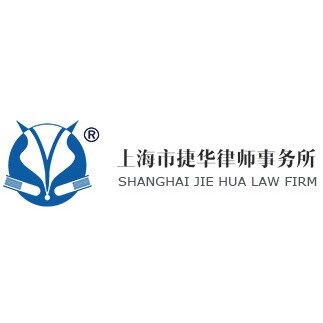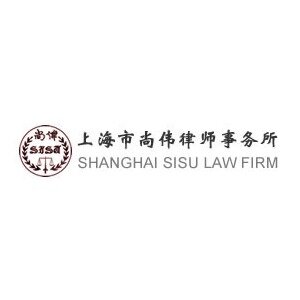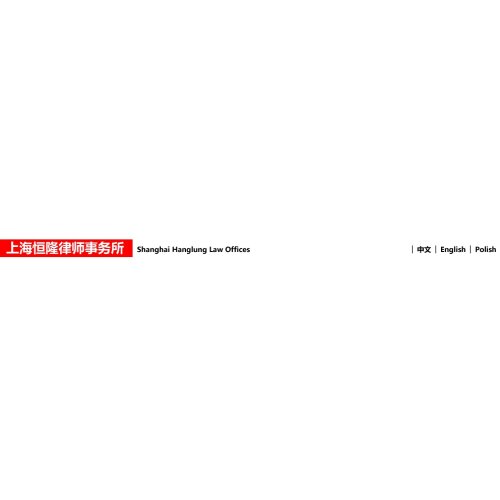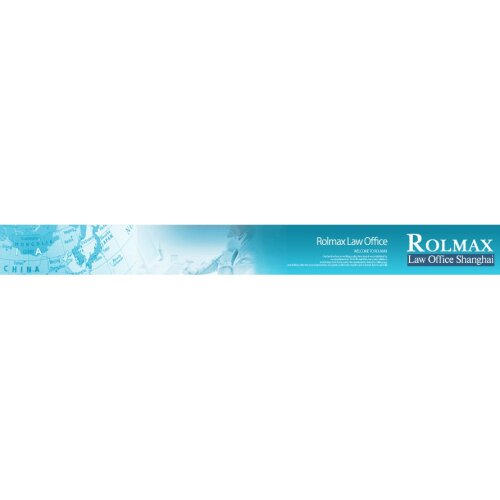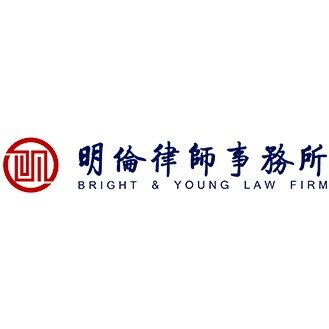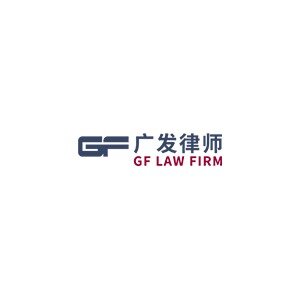Best International Trade Law Lawyers in Shanghai
Share your needs with us, get contacted by law firms.
Free. Takes 2 min.
List of the best lawyers in Shanghai, China
About International Trade Law in Shanghai, China
International Trade Law in Shanghai is a critical component of the city's legal framework, reflecting its status as a global trading hub. Shanghai is a major port city and financial center in China, playing a pivotal role in international commerce. The legal framework governing international trade in Shanghai incorporates a blend of national regulations, international treaties, and regional agreements. Key institutions involved in the regulation of international trade include customs authorities, trade arbitration bodies, and various government departments. Understanding the complexities of these laws is essential for businesses engaged in cross-border trade and investments.
Why You May Need a Lawyer
Navigating international trade regulations can be challenging due to the complexity and volume of rules governing cross-border transactions. Here are some common situations where you might require legal help:
- Resolving trade disputes or breaches of contract.
- Understanding tariffs, duties, and non-tariff barriers.
- Complying with import/export regulations and obtaining necessary permits.
- Dealing with anti-dumping and countervailing duties cases.
- Structuring international sales contracts and agreements.
- Navigating intellectual property rights and patents in trade contexts.
- Managing risks associated with foreign investments and joint ventures.
Local Laws Overview
Shanghai's international trade laws are influenced by both Chinese national legislation and international norms. Key aspects include:
- Customs Regulations: These are governed by the General Administration of Customs, focusing on the import and export of goods, including documentation and tariff classifications.
- Export Control Laws: These regulations manage the export of certain sensitive goods and technologies, aligning with international treaties and national security interests.
- Foreign Investment Laws: These laws have been updated to a negative list approach, simplifying where foreign businesses can and cannot invest.
- Dispute Resolution: The Shanghai International Arbitration Center (SHIAC) provides a mechanism to resolve trade-related disputes.
Frequently Asked Questions
What is the role of the Shanghai Free Trade Zone (FTZ)?
The Shanghai FTZ is a region that fosters trade facilitation and economic liberalization, offering streamlined customs procedures, reduced tariffs, and more flexibility for foreign direct investment.
How can I resolve a trade dispute in Shanghai?
Trade disputes in Shanghai can be resolved either through litigation in the courts or arbitration through institutions like the Shanghai International Arbitration Center (SHIAC).
What are the common tariffs applied to imported goods?
Tariffs vary according to goods classification under the Harmonized System. It's crucial to verify specific tariffs on the China Customs website or consult with a trade lawyer.
Do I need a special license to export goods from Shanghai?
Yes, certain goods require export licenses. An understanding of both the product classification and relevant export control guidelines is necessary.
What measures are in place to protect intellectual property rights in trade?
China has laws against trademark infringement, patents violation, and more, with dedicated IP courts and enforcement teams.
How do anti-dumping duties work in China?
Anti-dumping duties are imposed when imported goods are deemed to have been sold at unfairly low prices. The Ministry of Commerce conducts investigations and imposes duties as necessary.
What documentation is required for import/export procedures?
Common documents include bills of lading, invoices, packing lists, certificates of origin, and import/export declarations.
Can foreign companies own warehouses in Shanghai?
Yes, foreign companies can own warehouses but must comply with local property ownership and foreign investment regulations.
What is the impact of trade agreements on business operations?
Trade agreements can reduce tariffs, streamline customs procedures, and improve market access, enhancing operational efficiency.
How can compliance with local tax regulations be ensured?
An in-depth understanding of the Value Added Tax (VAT), corporate tax, and other relevant taxes is required. Consulting local tax advisors is recommended.
Additional Resources
Consider the following resources for further guidance and information:
- China Council for the Promotion of International Trade (CCPIT): Offers support for foreign businesses and organizes trade fairs.
- Shanghai International Trade Commission: Provides consultation and assistance on trade-related issues.
- General Administration of Customs: The main regulatory body for customs which publishes regulatory updates and guidelines.
- Shanghai Free Trade Zone Administration: Offers information on regulations and incentives in the FTZ.
- Law Firms Specializing in International Trade: Local law firms often have teams specializing in trade law and can provide tailored legal advice.
Next Steps
If you need legal assistance in International Trade Law in Shanghai, consider the following:
- Conduct preliminary research to identify your specific legal needs.
- Consult with a qualified international trade lawyer who can provide expert advice and representation.
- Engage with local trade associations or chambers of commerce for networking and professional guidance.
- Utilize resources provided by local and international trade organizations to stay informed on current regulations and policies.
Lawzana helps you find the best lawyers and law firms in Shanghai through a curated and pre-screened list of qualified legal professionals. Our platform offers rankings and detailed profiles of attorneys and law firms, allowing you to compare based on practice areas, including International Trade Law, experience, and client feedback.
Each profile includes a description of the firm's areas of practice, client reviews, team members and partners, year of establishment, spoken languages, office locations, contact information, social media presence, and any published articles or resources. Most firms on our platform speak English and are experienced in both local and international legal matters.
Get a quote from top-rated law firms in Shanghai, China — quickly, securely, and without unnecessary hassle.
Disclaimer:
The information provided on this page is for general informational purposes only and does not constitute legal advice. While we strive to ensure the accuracy and relevance of the content, legal information may change over time, and interpretations of the law can vary. You should always consult with a qualified legal professional for advice specific to your situation.
We disclaim all liability for actions taken or not taken based on the content of this page. If you believe any information is incorrect or outdated, please contact us, and we will review and update it where appropriate.



